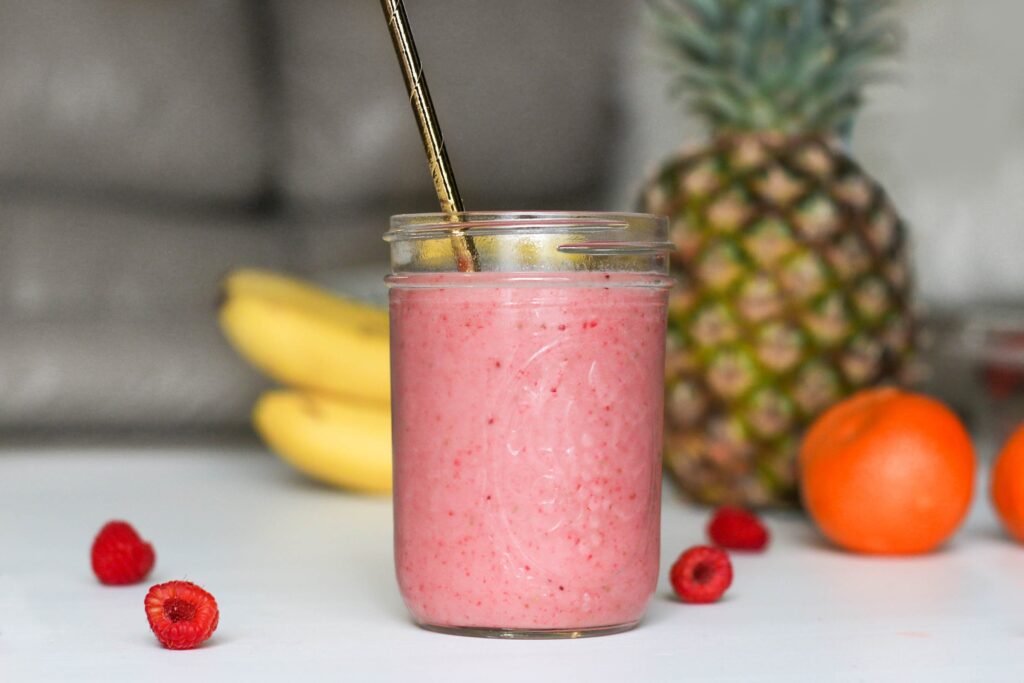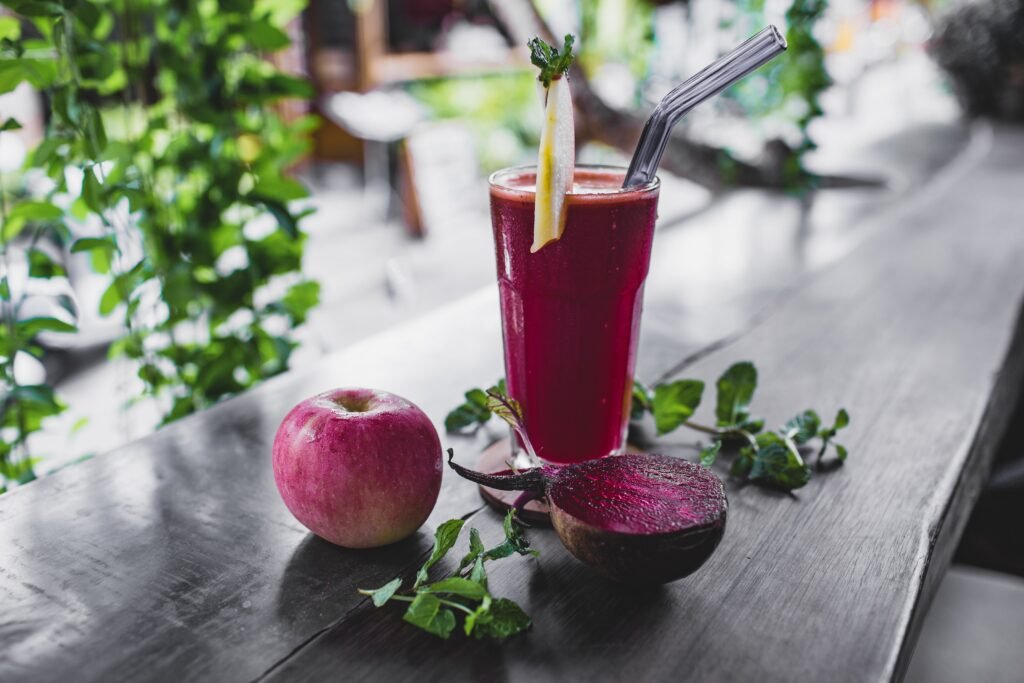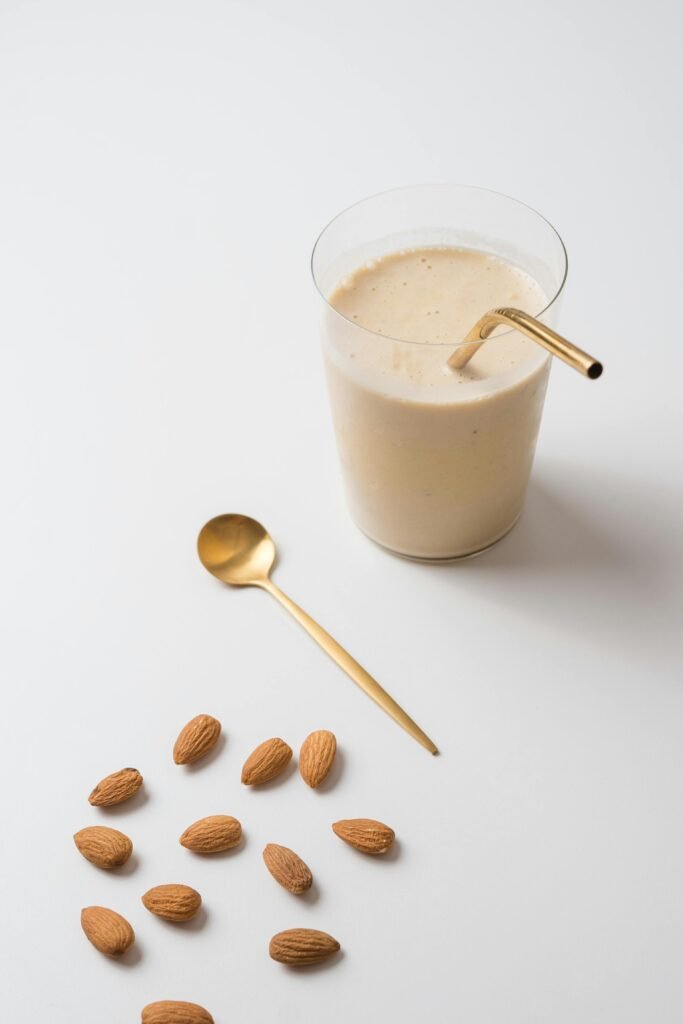If you want to know that, can you drink protein shakes without working out? The answer is yes you can consume protein shakes without any workout. Protein shakes are a major source of your protein intake. In this blog post, we will explain the different aspects of consuming protein shakes, even if you are not willing to spend time in a workout routine.
Table of Contents
Can you drink protein shakes without working out? (Is
Can you drink protein shake without working out? (Is it beneficial or harmful?)
Well, in terms of benefits protein shakes are an easy way to enhance your protein intake, and they can be used for several purposes, not just for workout and bodybuilding. However, there would be a minor effect on muscle protein synthesis.

People often take protein shakes for these reasons:
Convinces: Protein shakes are the most used way to increase your protein intake, especially when you need urgent protein-rich meal
Weight management: protein shakes can make you feel fuller for a longer time, and this may help you for your required weight.
Nutrient supplement: Most people such as vegetarians use protein shakes to enhance their diet and make sure that they are consuming the exact amount of protein.
Medical reason: In certain circumstances, such as recovery from surgery or illness, a healthcare provider may endorse protein shakes for immediate recovery.
What happens if, can I drink protein shakes without working out?
Yes, you can drink protein shakes without working or engaging in physical activity is not harmful if you are taking them according to your body’s protein requirements.
Let’s have a look, there is a huge difference in both situations of taking protein shakes every day without a workout and with a regular workout. Here are some potential outcomes of both sides of consuming the protein shakes.
Protein shakes outcomes with regular workout:

Nutritional supplementation: If you are trying to cover your daily protein requirement from food then protein shakes can be a good choice to cover the protein gap.
Muscle building: Protein shakes can play a major role in building and repairing muscle and tissues in our body. Sometimes during an intense workout, our body undergoes natural wear and tear, and then protein shakes can assist the ongoing processes.
Nutrient support for overall health: Protein is not only important for muscle health but also improves overall body functions. In addition, proteins produce enzymes, immune system support, and the synthesis of hormones and neurotransmitters.
Protein shakes outcomes without workout when you exceed a specific limit:
Nutrient imbalance: Relying too much on protein shakes without managing a balanced diet can cause a nutrient disproportion. It is really important to take a variety of nutrients from different food sources to maintain overall health.
Digestive issues: Sometimes taking protein more than you need could cause digestive discomfort, such as bloating or gas. This can be because of the ingredients in the shakes or intolerance to certain components.
Kidney strain: The high protein intake can also damage your kidneys as these organs are responsible for filtering and removing waste materials of protein metabolism.
Can I take a protein shake on an empty stomach?
Yes, you can take a protein shake on an empty stomach. Protein shakes are the best and quickest options to maintain your protein intake. And they can be consumed at any time when your stomach is empty. It is important to know which type of protein shakes you are taking and how your body reacts to it. If you have some digestive issues then you can take protein shakes with a small snack or meal.
Always try to understand your body’s needs and adjust protein intake based on your individual needs and priorities. If you have any problem related to health, it’s good to talk to your healthcare provider for a related advice
How much protein can I take if I am not working out?
Well, it depends on different factors including your age, gender, weight, physical activities, and how much protein you need. Mostly protein needs are linked with the level of exercise and training.

The Recommended Dietary Allowance for protein intake is normally set at 0.8 grams of protein per kilogram of body weight for adults. This quantity is the basic nutritional requirement of the majority of the population, including those who are not engaged in any regular physical activity.
Can I replace breakfast with a protein shake?
Yes, you can replace breakfast with a protein shake if it aligns with your lifestyle, health, and dietary preferences. As a breakfast, a protein shake can be a good and quickest option, especially for those who don’t have time to prepare a traditional breakfast.
In addition, you can add other ingredients such as fresh and dry fruits, and healthy fats in protein shakes to make them tasty. And make sure your breakfast is filled with a nutritional profile.
Can I gain weight by drinking protein shakes every day?

Yes, you can gain weight by drinking protein shakes every day, depending on different reasons such as your overall diet plan, calorie intake, and physical activity level.
Here are some attentions to keep in mind.
Caloric surplus: If you are taking protein shakes which are high in calories and your daily need for calories, then you may gain weight. Because weight gain is a process that only occurs when there is a caloric surplus in your body.
Physical activity level: Having regular exercise and any physical activity helps to utilize the protein for body and muscle building rather than gaining weight. So if you want to gain weight then you have to stay away from such activities.
Individual factors: Every person has a different metabolism and dietary patterns. That’s why some individuals may find it easy to gain weight, while others may have a higher metabolism that makes it difficult to gain weight.
If your goal is weight gain and you are not doing any physical activity then you should be more careful about total calorie intake to avoid excessive fat gain.
It’s advisable to set an appointment with a healthcare provider or a registered dietitian to make a personalized nutrition plan that could match your required goal. They can help you for better caloric intake to achieve your desired output in a healthy and supportable manner.
What could be the symptoms of protein deficiency?
Protein deficiency means that you are not getting the required amount of protein which is compulsory for your body function.
Here are some signs that may lead to a protein deficiency:
1 Swelling: Protein is crucial for maintaining the balance of fluids in and out of the cells. A lack of protein can lead to fluid preservation and swelling, which is known as edema. This mostly starts from the legs, feet, and ankles.
2 Muscle killing and weakness: Protein is crucial for muscle development, repair, and preservation. A protein shortage can lead to muscle wasting, weakness, and a general decrease in muscle mass.
3 Frequent infection: Protein plays an important role in the production of antibiotics and other mechanisms of the immune system. A lack of protein can damage the entire immune system and make individuals more easier target for infection and illness.
4 Hair, Skin, and Nail Issues: Protein is essential for the creation of collagen, which is vital for the health of hair, skin, and nails. Protein shortage may result in brittle nails, dry and flaky skin, and hair that is disposed to breakage.
5 Changes in Hair color and texture: Severe protein deficiency can be caused of changes in hair color and texture. Hair may become lighter, more breakable, or may even change color.
6 Difficulty maintaining or gaining weight: Protein is important for maintaining lean muscle mass. If the body lacks enough protein, it may have difficulty keeping or gaining weight, even if overall calorie intake is acceptable.
It is important to know that protein deficiency is pretty rare in well-balanced diets that include a variety of foods. Protein can be taken from animal and plant sources, by adding these sources in your diet can manage your protein intake.
However if you feel any change related to protein deficiency, its advised to consult with a healthcare professional or a registered dietitian for a valid assessment and consultation.
How much protein is too much?
RDA recommendation for protein depends on these factors, such as:
- Age
- Gender
- Pregnancy
- Physical activity
According to the Dietary Guideline of Americans 2020-2025, the daily nutritional goal for protein based on age are as follows:
| Life stage and gender | The recommended amount of protein |
| Infants and children | |
| 6-12 months | 11 g |
| 1-3 years | 13 g |
| 3-8 years | 19 g |
| 9-13 years | 34 g |
| Males | |
| 14-18 years | 52 g |
| 19 years and older | 56 g |
| Females | |
| 14 years and older | 46 g |
| Pregnant and breastfeeding | |
| All ages | 71 g |
After considering the above factors of age, gender physical activity, and charts of guidelines it’s not difficult to understand how much protein is too much. But people can usually eat 2 g of protein per kg of their weight without any major side effects. Some people, such as athletes, may eat as much as 3.5 g per kg of body weight.
However, several types of research show that consumption of more than 2 g per kg of body weight daily protein is too much and in the long term can result in serious health issues
What are the side effects with symptoms of having too much protein in your body?
Protein requirements can be different on a person’s age and level of physical activity. Generally, most people can consume less than 2 grams of protein of their body weight.
Well, the latest research shows that taking more than 2 grams of protein per kilogram of body weight can be the cause of different health issues.
Here are some side effects with symptoms linked with too much protein:
- Dehydration
- Headache
- Diarrhea
- Liver and kidney issues
- Heart-related diseases
Healthcare providers also associate certain diseases with the consumption of too much protein:
- Diabetes type 2
- Cancer
- Osteopenia
It’s a piece of good advice for every person to see their healthcare provider if they feel any problem related to too much consumption of protein.
Conclusion:
Covering up the article by summarizing the key points discussed. Highlight that protein shakes are often linked with gym-goers, their benefits cover beyond the fitness land, making them adaptable and appropriate options for people looking to support their overall health and wellness irrespective of their workout routine.
For further a person can contact their doctor or dietitian if he wants more information about protein intake. They can guide more appropriately.
Frequently asked questions:
1 Can you drink protein shakes on rest days?
Yes, you can drink protein shakes when you are on rest days. Protein is really important for muscle repair and maintenance and helps to improve overall health.
2 Can women drink protein shakes during pregnancy?
Yes, women can drink protein shakes while pregnant, but it’s important to consult with a doctor before taking protein shakes. Protein is an essential nutrient during pregnancy and helps to maintain the growth of the baby and maintain the mother’s health as well
3 Can I Gain weight with protein shakes if I am not doing a workout?
Yes, you can gain weight by drinking protein shakes if you are not involved in any kind of workout. But it depends on how much

